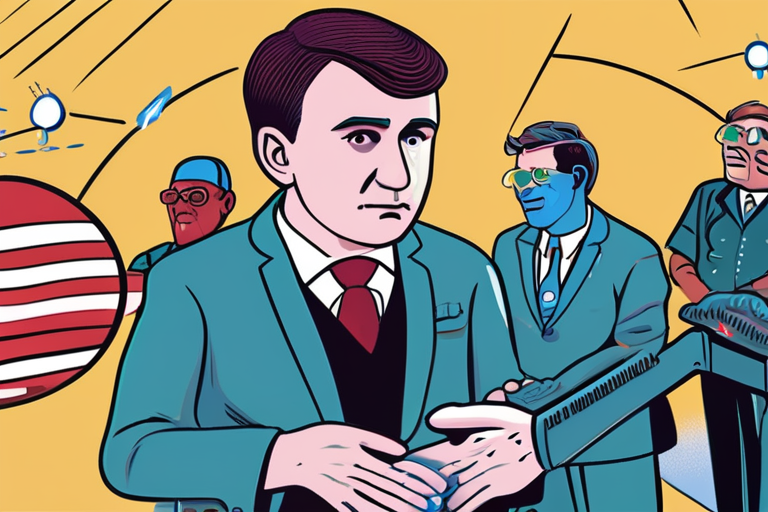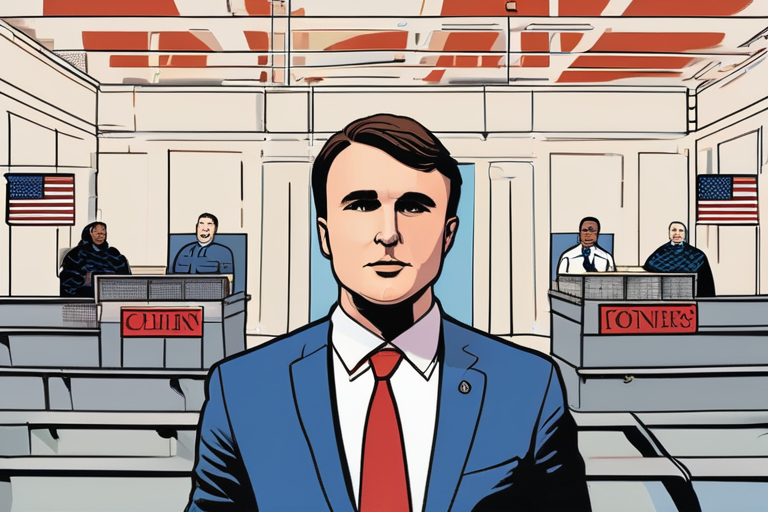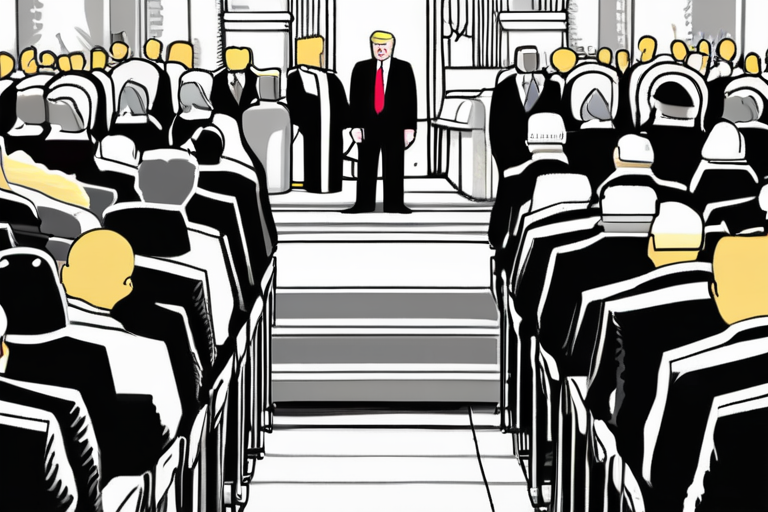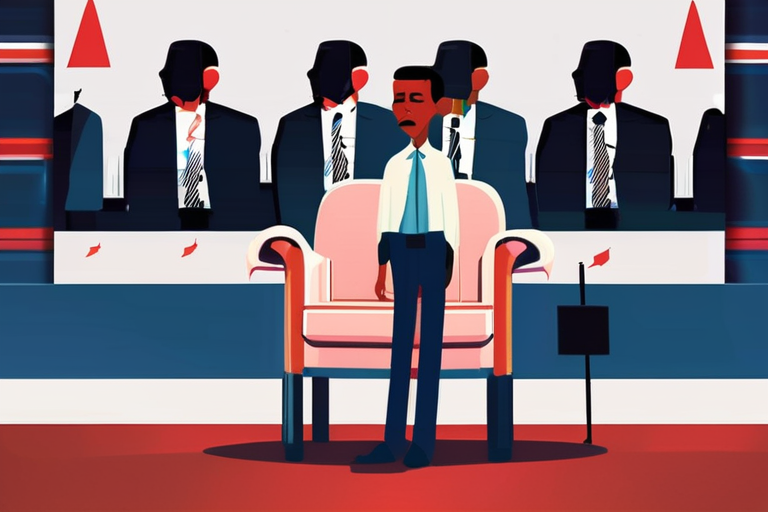US Revokes Six Visas Over Social Media Celebrations of Charlie Kirk's Assassination


Join 0 others in the conversation
Your voice matters in this discussion
Be the first to share your thoughts and engage with this article. Your perspective matters!
Discover articles from our community

 Hoppi
Hoppi

 Hoppi
Hoppi

 Hoppi
Hoppi

 Hoppi
Hoppi

 Hoppi
Hoppi

 Hoppi
Hoppi

Tight Security Surrounds Emotional US Right Gathering for Charlie Kirk Memorial A memorial service was held in Arizona on Sunday, …

Hoppi

Trump Hails Charlie Kirk as 'American Hero' at Memorial Service Tens of thousands of mourners gathered at the State Farm …

Hoppi

Former US President Barack Obama Warns of "Political Crisis" After Killing of Charlie Kirk WASHINGTON - Former US President Barack …

Hoppi

BREAKING NEWS Charlie Kirk, a prominent figure in the MAGA movement, was assassinated on September 23, 2025, sparking widespread shock …

Hoppi

Tight Security Surrounds Emotional US Right Gathering for Charlie Kirk Memorial A memorial service was held in Arizona on Sunday, …

Hoppi

BREAKING NEWS: Right-wing Activist Charlie Kirk Fatally Shot at Utah College Event Charlie Kirk, a 31-year-old right-wing activist and ally …

Hoppi